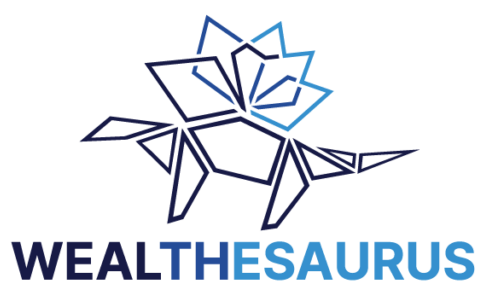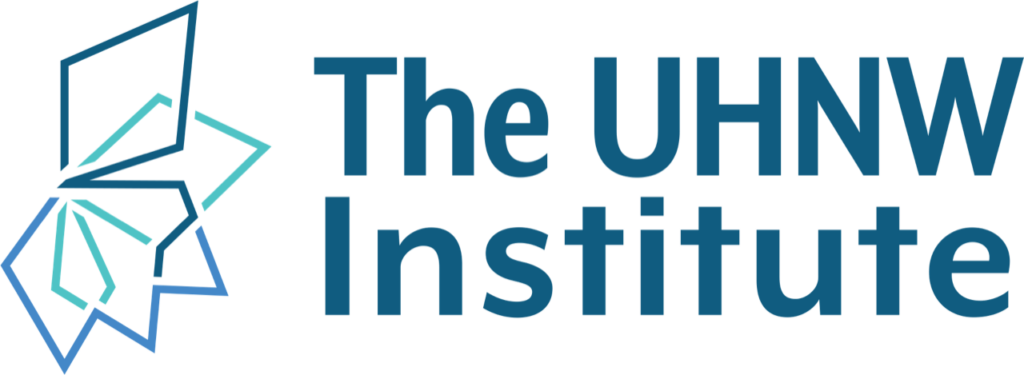In wealth management and family office services, the total amount of assets that a firm has under both management and advisement for clients.
In institutional services, those assets for which an institution provides administrative services but does not manage, has no discretion over, and is not necessarily advising on.
Assets under administration is another category of responsibility by an institution for assets owned by a client.
In UHNW services, assets under administration refers to the combination of assets under advisement and assets under management. It is the broadest metric of asset responsibility and reflects the breadth of a firm’s size, reach, and expertise.
In contrast, for institutional asset management, assets under advisement represents a more narrow definition. While the client maintains fiduciary responsibility to make decisions about the assets and their management, the assets may be held by an institution simply for administrative functions such as fund accounting, tax reporting, trade reporting, and custody. Whether an institution also advises on those assets is a separate role, not administrative in nature.
In consolidated reporting, each category of asset responsibility by a wealth advisory firm (administration, advisement, or management) must be clearly specified to avoid confusion. Because assets under advisement uses the same abbreviation or acronym as assets under administration – AUA – it is important to distinguish which term is being referenced when citing “AUA” in financial services.
See Also: Assets under advisement, Assets under management, AUA
Investopedia. “Assets Under Administration.” Last Modified December 17,2020. https://www.investopedia.com/terms/a/assets-under-administration.asp
Faster Capital. “Understanding Assets under Administration (AUA).” https://fastercapital.com/topics/understanding-assets-under-administration-(aua).html. Accessed September 17, 2024.

